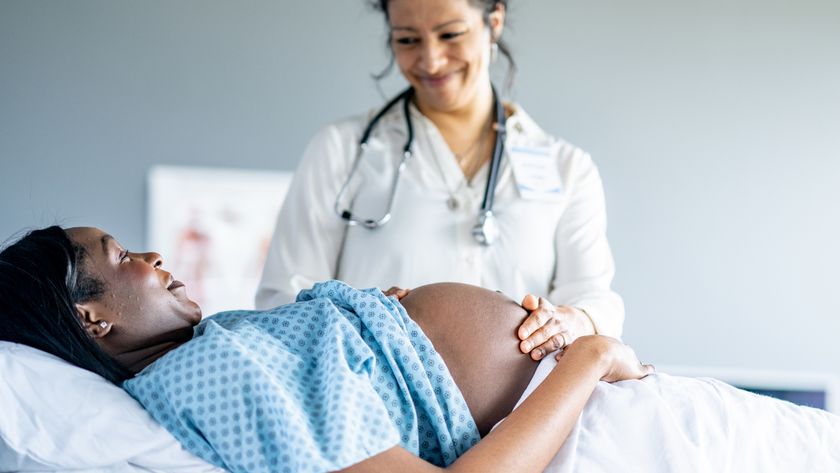Morning After Pill May Become Available to All Ages

A federal judge has ordered the Food and Drug Administration to make the morning-after pill available to teens without a prescription, according to news reports.
The ruling weighs in on the controversial issue of access to the morning-after pill, also called emergency contraception, which can prevent pregnancy after unprotected sex if taken within 72 hours.
Currently, the pill is available to women ages 17 and older without a prescription (over-the-counter), but those under 17 require a prescription.
In 2011, the FDA was set to recommend that the drug be made available to teens without a prescription, but it was overruled by the U.S. Department of Health and Human Services. The HHS was criticized for the move, with some calling it a political decision, rather than one based on science.
A lawsuit was filed by the Center for Reproductive Rights against the HHS and FDA challenging the age restriction.
In today's court ruling, judge Edward R. Korman of the Federal District Court, said that generic and brand-name versions of the morning-after pill (Plan B One-Step), should be made available to women of any age within 30 days, according to the New York Times.
However, it's not clear if the FDA will appeal the decision, the New York Times says.
Sign up for the Live Science daily newsletter now
Get the world’s most fascinating discoveries delivered straight to your inbox.
"This is great news for adolescents in the United States," said Dr. Susan Rubin, a family physician at Albert Einstein College of Medicine's Montefiore Medical Center in the Bronx, N.Y., whose research focuses on improving access to reproductive health care. The ruling supports the scientific evidence that the drug is "safe for teens to use, and they can use it appropriately," Rubin said.
The drug mainly prevents pregnancy by preventing an egg from being released by the ovary, Dr. Christopher Estes, assistant professor of obstetrics and gynecology at the University of Miami Miller School of Medicine, told MyHealthNewsDaily in a 2011 interview.
It "will not disrupt or affect an existing pregnancy," according to Teva Pharmaceuticals, the drug's maker. Nor does it interfere with the implantation of a fertilized egg, Estes said.
In its 2011 decision, the HHS said that more research was needed to show that young girls, including those as young as 11 years old, could understand how to use the drug appropriately.
Others have argued that, because the pill needs to be taken within 72 hours, requiring a prescription for the drug is impractical.
Rubin said that, not only does the science show that teens understand how to use the medication, but that requiring a prescription potentially denies teens access to the drug completely because it needs to be taken in a narrow time frame.
Follow Rachael Rettner @RachaelRettner. Follow MyHealthNewsDaily @MyHealth_MHND, Facebook & Google+.

Rachael is a Live Science contributor, and was a former channel editor and senior writer for Live Science between 2010 and 2022. She has a master's degree in journalism from New York University's Science, Health and Environmental Reporting Program. She also holds a B.S. in molecular biology and an M.S. in biology from the University of California, San Diego. Her work has appeared in Scienceline, The Washington Post and Scientific American.

'Love hormone' oxytocin can pause pregnancy, animal study finds

'Mini placentas' in a dish reveal key gene for pregnancy









